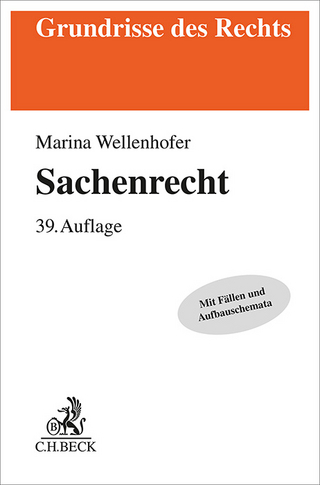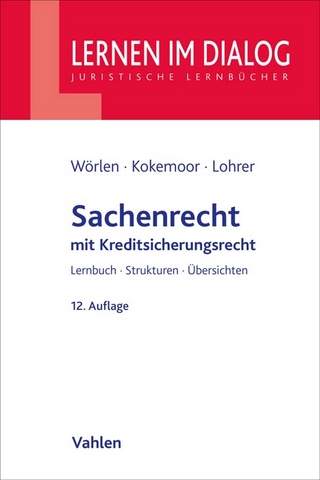
Institutional Foundations of Impersonal Exchange
Theory and Policy of Contractual Registries
Seiten
2012
University of Chicago Press (Verlag)
978-0-226-02832-3 (ISBN)
University of Chicago Press (Verlag)
978-0-226-02832-3 (ISBN)
- Titel z.Zt. nicht lieferbar
- Versandkostenfrei
- Auch auf Rechnung
- Artikel merken
Tracing the development of registries in developed and developing countries, the author argues that, while no single institutional arrangement is appropriate across the board, there are general principles that may be applied to facilitate the protection of both private property and impersonal trade.
Governments and development agencies devote considerable resources to building institutions to protect property rights. When the owners of property feel that their claims are protected by law, they have greater incentive to invest in their property or use it as collateral. Similarly, when entrepreneurs are able to easily formalize their activities, they benefit from gaining access to courts and transforming their firms into legal entities. Policies for protecting property rights have thus become an important factor in economic growth. Benito Arrunada broadens this account through an examination of the costs and benefits of strong property rights within the context of impersonal trade. Trading with strangers is a route to growth, but inherent in the process are risks that can be mitigated by land and company registries, which enable both sides to protect their property rights. Tracing the development of registries in developed and developing countries, Arrunada argues that, while no single institutional arrangement is appropriate across the board, there are general principles that may be applied to facilitate the protection of both private property and impersonal trade.
With its nuanced presentation of the theoretical and practical implications, this book expands our understanding of how property rights work in today's world.
Governments and development agencies devote considerable resources to building institutions to protect property rights. When the owners of property feel that their claims are protected by law, they have greater incentive to invest in their property or use it as collateral. Similarly, when entrepreneurs are able to easily formalize their activities, they benefit from gaining access to courts and transforming their firms into legal entities. Policies for protecting property rights have thus become an important factor in economic growth. Benito Arrunada broadens this account through an examination of the costs and benefits of strong property rights within the context of impersonal trade. Trading with strangers is a route to growth, but inherent in the process are risks that can be mitigated by land and company registries, which enable both sides to protect their property rights. Tracing the development of registries in developed and developing countries, Arrunada argues that, while no single institutional arrangement is appropriate across the board, there are general principles that may be applied to facilitate the protection of both private property and impersonal trade.
With its nuanced presentation of the theoretical and practical implications, this book expands our understanding of how property rights work in today's world.
Benito Arrunada is professor of business organization at Pompeu Fabra University in Barcelona.
| Erscheint lt. Verlag | 9.10.2012 |
|---|---|
| Sprache | englisch |
| Maße | 17 x 24 mm |
| Gewicht | 567 g |
| Themenwelt | Recht / Steuern ► EU / Internationales Recht |
| Recht / Steuern ► Privatrecht / Bürgerliches Recht ► Sachenrecht | |
| Wirtschaft ► Allgemeines / Lexika | |
| Wirtschaft ► Volkswirtschaftslehre ► Mikroökonomie | |
| ISBN-10 | 0-226-02832-1 / 0226028321 |
| ISBN-13 | 978-0-226-02832-3 / 9780226028323 |
| Zustand | Neuware |
| Haben Sie eine Frage zum Produkt? |
Mehr entdecken
aus dem Bereich
aus dem Bereich
Gesetz über das Wohnungseigentum und das Dauerwohnrecht : Kommentar
Buch | Hardcover (2025)
C.H.Beck (Verlag)
CHF 124,60


